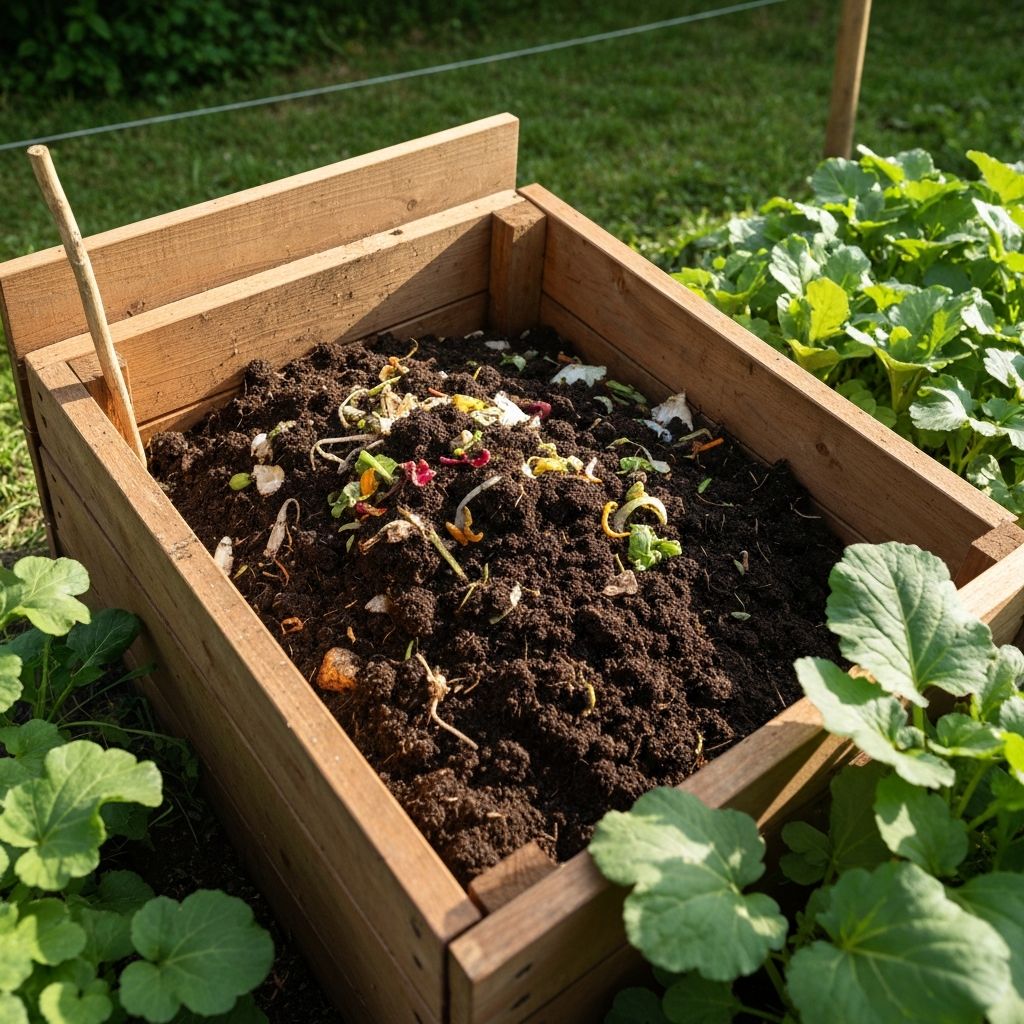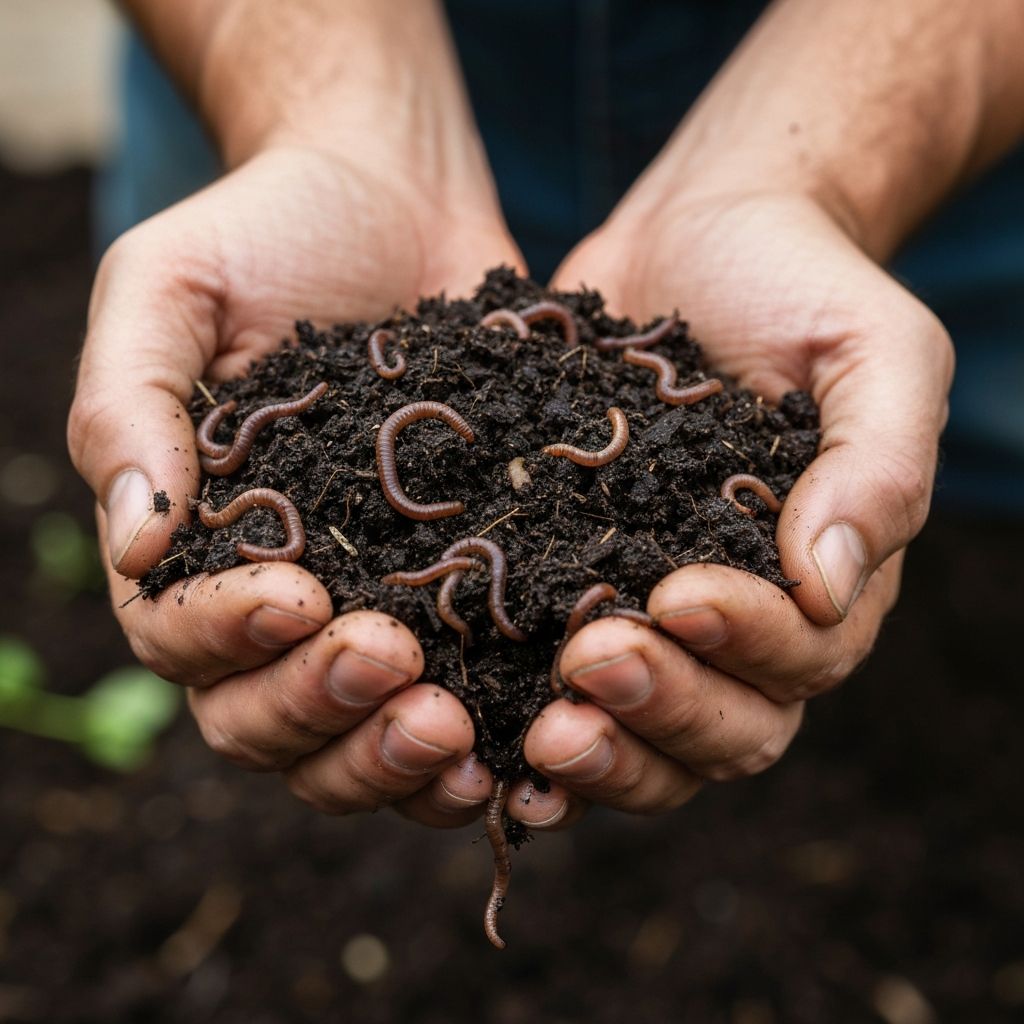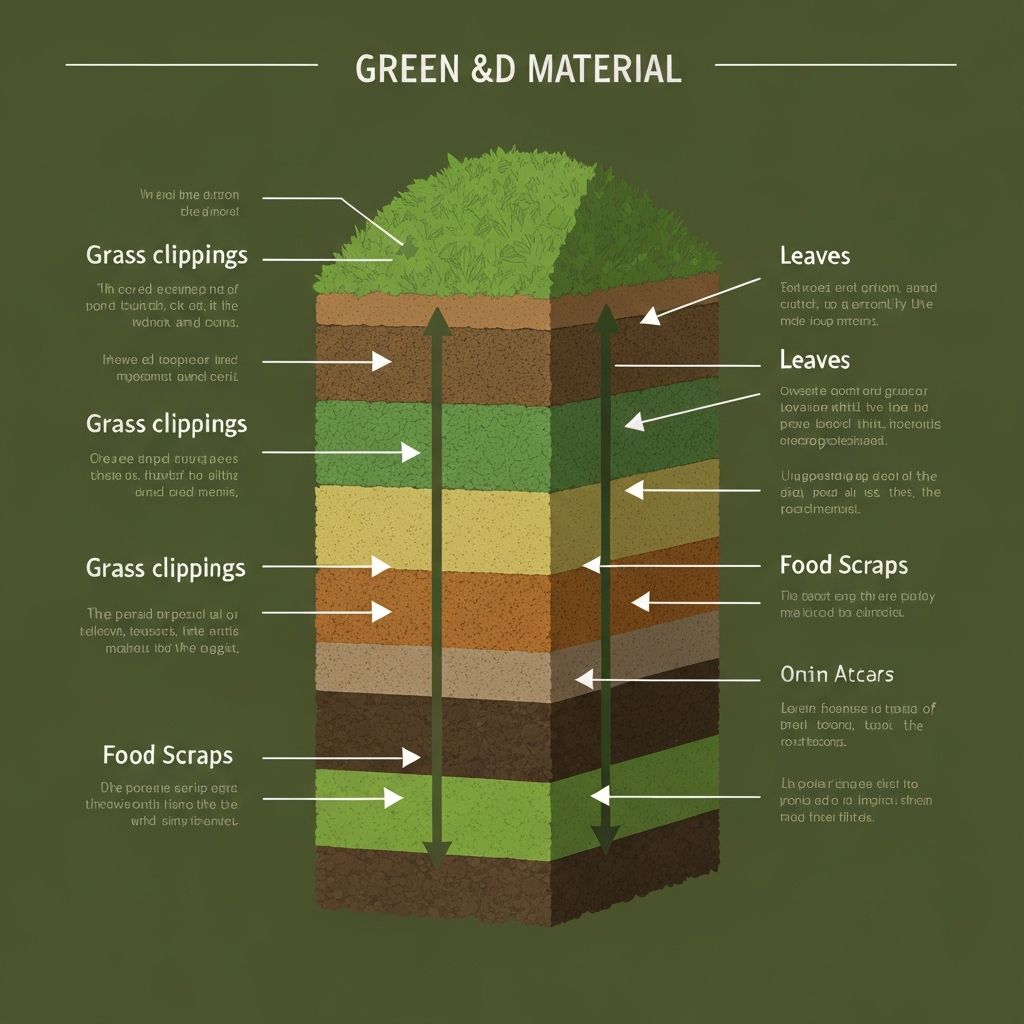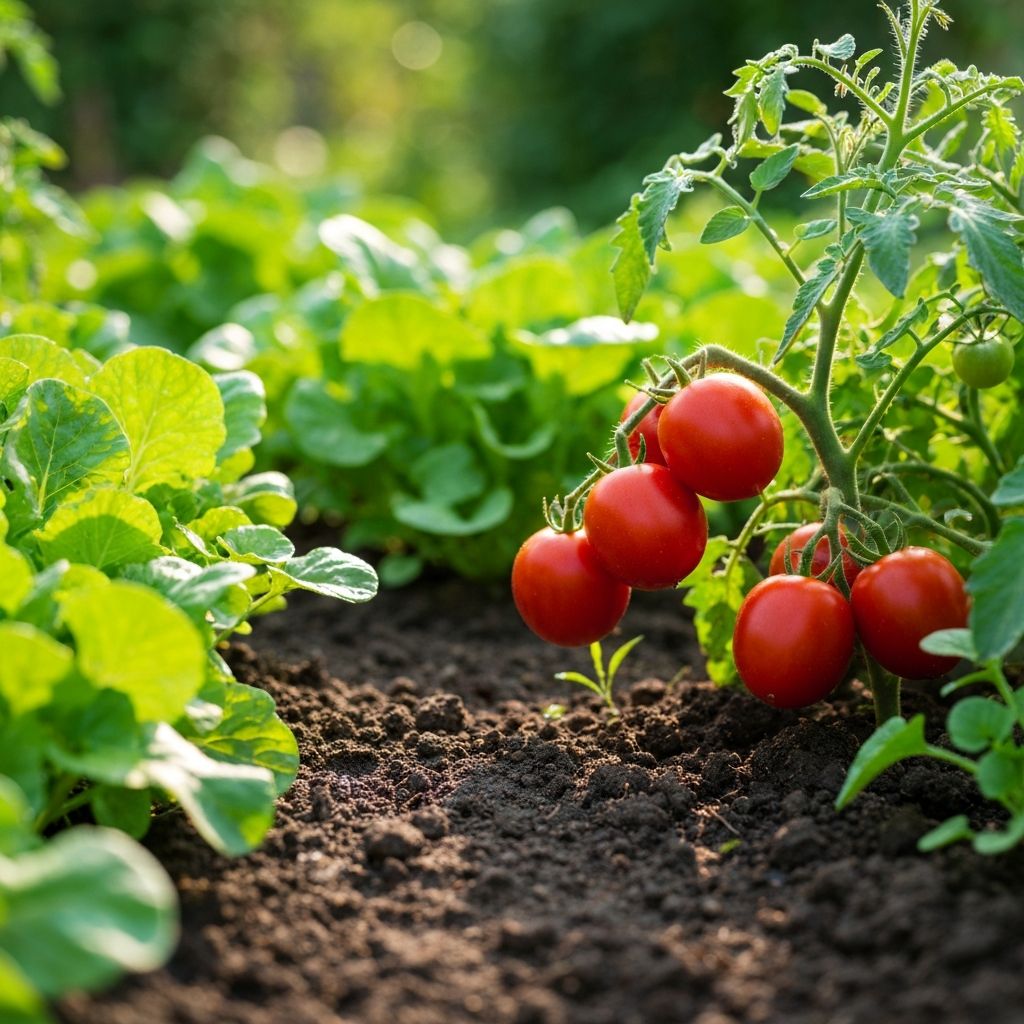Eksperci od Kompostowania i Zrównoważonego Rozwoju
Kompleksowe przewodniki, porady ekspertów i sprawdzone metody kompostowania oparte na wieloletnim doświadczeniu i badaniach naukowych.

12+
Lat Doświadczenia
250+
Przewodników
15K+
Czytelników
8
Certyfikowanych Ekspertów
Dlaczego Kroniki Kompostu?
Łączymy wiedzę ekspercką z praktycznym doświadczeniem, aby zapewnić najbardziej wiarygodne informacje o kompostowaniu.

Jakość Sprawdzona w Terenie

Naukowe Podejście

Prawdziwe Rezultaty
Eksperci Branżowi
Nasz zespół to certyfikowani specjaliści z dyplomami w naukach o glebie, ogrodnictwie i zrównoważonym rozwoju.
Badania i Testowanie
Każda rekomendacja oparta jest na testach terenowych i cytowanych badaniach naukowych.
Praktyczne Doświadczenie
Dokumentujemy rzeczywiste projekty kompostowania od początku do końca z fotografiami i szczegółowymi wynikami.
Społeczność
Dołącz do tysięcy entuzjastów kompostowania, którzy dzielą się swoimi sukcesami i uczą się od siebie nawzajem.
Współpraca z Branżą Rozrywkową
Nasze doświadczenie wykracza poza edukację ekologiczną. Przez lata współpracowaliśmy z partnerami z branży hazardowej, dostarczając im profesjonalne usługi konsultingowe i wsparcie w zakresie zrównoważonego rozwoju.
Poznaj rodzaje gier, z którymi mieli do czynienia nasi partnerzy z sektora kasyn:
Automaty (sloty)
Popularne maszyny z bębnami i motywami tematycznymi — szybka rozgrywka z systemami bonusowymi.
Blackjack
Gra karciana polegająca na osiągnięciu sumy punktów możliwie bliskiej 21 bez jej przekroczenia; element strategii.
Ruletka
Gra oparta na obrocie koła i losowym wyniku; gracze obstawiają liczby, kolory lub przedziały.
Poker
Zestaw gier karcianych o różnych wariantach; łączy elementy umiejętności, strategii i psychologii.
Bakarat
Elegancka gra stołowa popularna w sekcjach VIP; gracze obstawiają, która ręka (gracza czy bankiera) będzie bliższa dziewięciu.
Kości (Craps)
Dynamiczna gra stołowa polegająca na obstawianiu wyników rzutu dwiema kostkami; pełna energii i emocji.
Ta współpraca pozwoliła nam rozszerzyć naszą wiedzę o zarządzaniu projektami i zrównoważonym rozwoju w różnych branżach.
Odkryj Nasze Zasoby
Poradniki dla Początkujących
Kompleksowe wprowadzenie do kompostowania - od wyboru pojemnika po zbiór gotowego kompostu.
Zaawansowane Techniki
Optymalizuj swój proces kompostowania dzięki sprawdzonym metodom i profesjonalnym wskazówkom.
Narzędzia i Kalkulatory
Praktyczne narzędzia do obliczania proporcji, harmonogramów i oceny jakości kompostu.
Użyj Narzędzi Dołącz do Naszego Newslettera
Otrzymuj najnowsze porady, przewodniki sezonowe i ekskluzywne treści bezpośrednio na swoją skrzynkę pocztową.